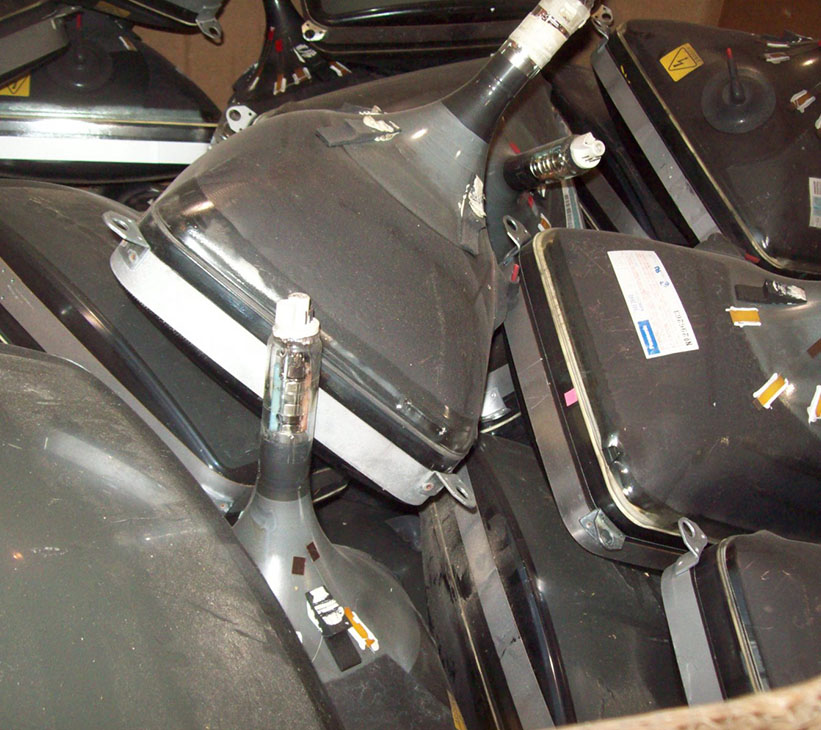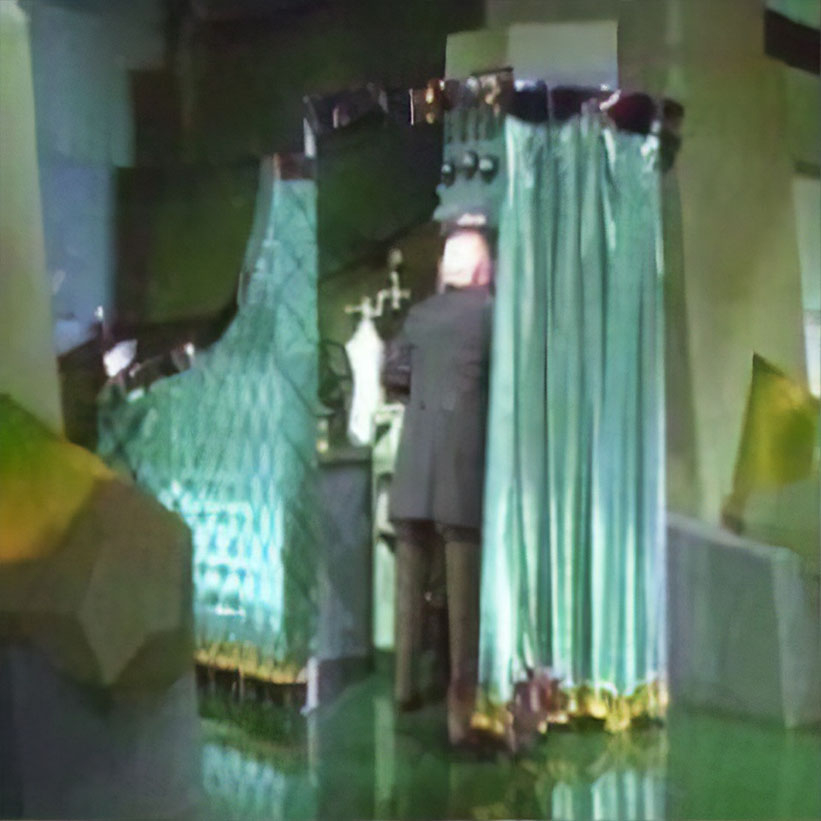Exports We Restrict
—
What types of export practices does Fair Trade Recycling prevent?

Toxics Along For the Ride
Paying thousands of dollars to import used electronics thousands of miles, through customs and distribution, is already expensive for importers in emerging markets. But when entire groups of suppliers shred their product, or make it illegal to trade with them, these buyers may feel forced to purchase loads from “back alleys”. When a supplier refuses to screen worthless and toxic junk out of a shipment, is it any wonder the importer is faced with a growing pile of junk? Fair Trade Recyclers understand the responsibility to provide better supplies than other exporters, without mixing TAR or forcing down standards.

Pay no attention
No Questions Asked?
Focus Materials must be addressed. While other electronics exporters claim that “Tested Working” is the highest standard, the professional importers and exporters in Fair Trade Recycling saw the weaknesses in that standard. What about working CRT monitors in surplus of what the buyer has inventory space or demand for? What about “tested working” items which are too slow, or don’t meet the specifications of professional purchase orders? What about incidental breakage, or “elective upgrade” (removal of a working part to replace it with a better working part, like 1gig RAM)? Fair Trade Recycling is the only export standard which actually reconciles each and every shipment to provide Total Quality Management, mass balance, and accountability. A two-party contract is always better than a one-party pledge.
Untrained Workers in Unsafe Conditions
Fair Trade Recycling sales supported the first ISO9000 and ISO14001 computer monitor recycling operation in Malaysia. The facility offered take-back of CRT monitors, processed CRT glass into cullet, and fed one of the largest CRT furnaces in the world with recycled content glass. How did Fair Trade Recycling accomplish this? Through financial incentives. WR3A organizations in the USA cooperatively dropped their prices on working and repairable goods in return for better standards in Malaysia. The factory was the first overseas to undertake a professional American auditor to certify its compliance with Responsible Recycling (R2) standards in 2008 (before R2 Solutions was created).
Racial Profiling
Under Basel Convention Annex IX, there are a number of used electronics exports which are explicitly legal, such as circuit board repair and CRT reuse. WR3A members have resisted our industries temptation to paint the six billion people in the “non-OECD” with one broad brush. Many of our partners overseas – as well as many of our competitors – are engineering firms with plenty of capacity to properly re-engineer or recycle used electronics. Fair Trade Recycling companies distinguish themselves through accountability, record-keeping, transparency, and legally binding contracts, not through insinuations or defamation.
